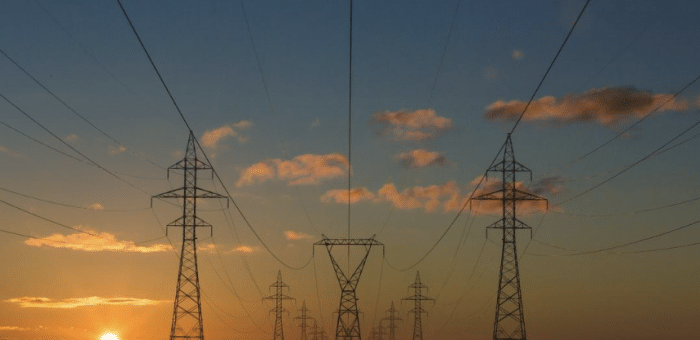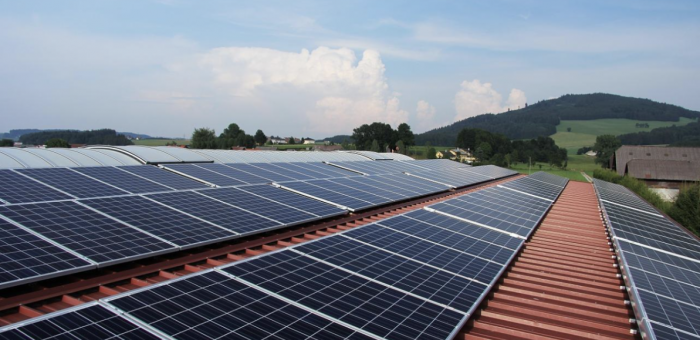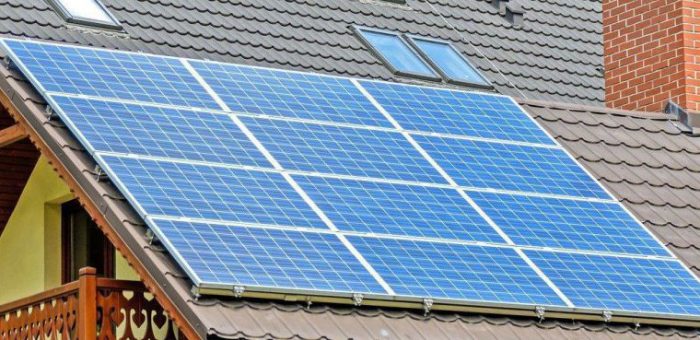Keeping your home and your home’s occupants safe from electrical injury is a matter of taking safety precautions. Such as making sure electrical fixtures and components are installed and used properly, being safe around water, and calling an electrician if anything needs to be installed or repaired. Check out these electricity safety tips.
[ctafirst]
What Is Electrical Safety?
Electrical safety is the set of precautions and measures that you can take to keep yourself and others safe from potentially life-threatening injuries around electricity in your home.
This includes keeping the electrical current safely flowing in your home where it is supposed to flow. As well as making sure electrical conductors and fixtures are working properly to avoid electrical fires, electrical shock, and electrocution. That’s why you should always keep in mind these electricity safety tips.
9 Safety Tips When Dealing With Electricity
Consider the following nine home electrical safety tips to help minimize the chance of injuries and loss of property from electrical fires.
1. Child-proof Any and All Electrical Outlets
There are many potential electrical dangers to children present in any home. Child-proofing involves taking steps to make sure your home is as safe as possible. This includes protecting the child from shock or electrocution by preventing them from sticking items into electrical outlets.
The convenience of being able to tap into instant electrical power comes with grave risk. A child could stick something metallic into the hot slot and may get injured or killed. Inexpensive outlet covers could prevent this. Tamper-resistant outlets also prevent injury by blocking the openings in the outlet unless a plug is plugged in.
2. Ensure Lightbulbs Are at the Proper Wattage
The lamps and light fixtures in your home have recommendations for light bulb wattage and limits that shouldn’t be exceeded. If the light bulbs installed are not the proper wattage for lamps, the light fixture could consume too much energy and overheat.
Damage to the fixture could occur. The bulb could overheat the socket, the fixture, and the insulation around the conductors — the wires — which could lead to arcing. Even dim night lights could overheat, especially if it’s an enclosed bulb.
When changing light bulbs or if a light fixture was just installed, look on the packaging, in the manual, or on the fixture itself for an indication of the maximum wattage the fixture can handle and purchase a bulb lower than that. Energy-efficient LED bulbs have lower watts and may be a better solution.
[ctafirst]
3. Locate All of Your Home’s Circuit Breakers
Electric power enters your home and flows into a distribution panel. The flow of electricity then goes from the power source into individual circuits, each with a fuse or a breaker.
Whenever there is a fault in the circuit, such as a short circuit, arc fault, or current overload, the fuse will blow or the breaker will trip, shutting off the power to that circuit. This prevents overheating components and conductors and arcs which could cause a fire.
It’s a good idea to have each circuit labeled. In an emergency, the power to the whole house can be shut off from the main lever. Label individual circuits on a chart.
If there is a problematic outlet or light fixture and you know which circuit it is on, that circuit can be shut off. The power to that specific circuit will be off while the rest of the house can remain powered while you wait for the electrician to make necessary repairs.
4. Do Not Place Power Cords or Power Strips Near Wet Surfaces
Water can be an efficient conductor of electricity. If a live wire or power strip comes in contact with a wet surface, it can conduct electricity through the water, including through anyone that may step in that water or touch the wet surface.
If someone spills liquid on a power cord, a short circuit could occur and trip the breaker. For exterior areas, there are special exterior outlets with covers to prevent water from coming into contact with a live outlet.
5. Hire a Professional Electrician To Fix Electrical Wiring
Always hire a qualified electrician or licensed electrical contractor to install or repair light fixtures, outlets, switches, power lines, residential wiring, or whenever you need any electrical work done.
Improperly installed or damaged electrical wiring could cause serious injury or start fires. Be sure not to damage wires by letting them overheat or by cutting or removing the insulation.
Calling an electrician may be a good idea if you’ve just moved in or haven’t had a professional look over your power distribution, wiring, fixtures, outlets, and switches for maintenance and safety checks.
[ctafirst]
6. Follow the Electrical Safety Precautions for Your Appliances
Install new appliances and always keep the manual that came with the appliance. In the manual, you will find safety precautions, often at the beginning of the manual. In general, follow these safety tips for electrical appliances:
- Follow the manufacturer’s safety precautions for every appliance in your home.
- Securely plug in appliances to prevent arcing and fires.
- Never leave electrical ovens and ranges unattended.
- Don’t use extension cords to power appliances.
- Notice warning signs of current overload or appliance failure such as flickering lights, circuit breakers tripping, and the smell of smoke near an appliance.
- Only have a qualified technician or electrician make appliance repairs and installations.
7. Handle Electrical Cords With Dry Hands
Just as you shouldn’t place power strips on wet surfaces, don’t handle electrical cords with wet hands, because water can be a good electrical conductor. Never handle plugged-in devices, extension cords, or other conductors of electricity in the rain or standing on a wet surface.
8. Unplug Unused Appliances
Appliances can draw current even when turned off. Unplug anything not in use to prevent unnecessary current draws. Loose connections and loose plugs can cause an arc fault and can be a fire hazard.
Electrical arcing is what happens when there is a space between conductors or between a conductor and a fixture or component. Arcs could lead to fires which could lead to loss of life and property. Unplugging unused appliances could prevent potential arc faults and save you money on your electrical bill.
[ctafirst]
9. Make Sure Your Holiday Lights Are on a Timer
Having holiday lights on a timer allows for the lights to only be on at night when there is less of an electrical load on the circuit. If the lights stay on during the day, no one can see them, so it is a waste of electricity.
It also puts more of an unnecessary strain on the circuit, drawing current that could potentially lead to overload if there are other electrical items drawing current on the same circuit.
Prevent Injury, Outage, and Even Home Fires With Electricity Safety
Prevent injury, power outages, and electrical home fires by being smart about electrical safety and following these electricity safety tips. Electricity can injure and kill people. Therefore, it pays to understand the wiring in your home’s electrical power, where the breakers are, how you can use electrical fixtures safely, and when to call a qualified and competent professional.
Electrical safety tips and good habits help keep your electrical system working properly and keep everyone in your house safe from electrical hazards. Another common concern for homeowners is the potentially high prices they may be paying for electricity. Power Wizard can provide a solution to that problem.
Power Wizard’s search tool lets you look through hundreds of power plans to compare estimates. Comparing plans may save you hundreds of dollars per year. Contact us today to start saving.
[ctafirst]






